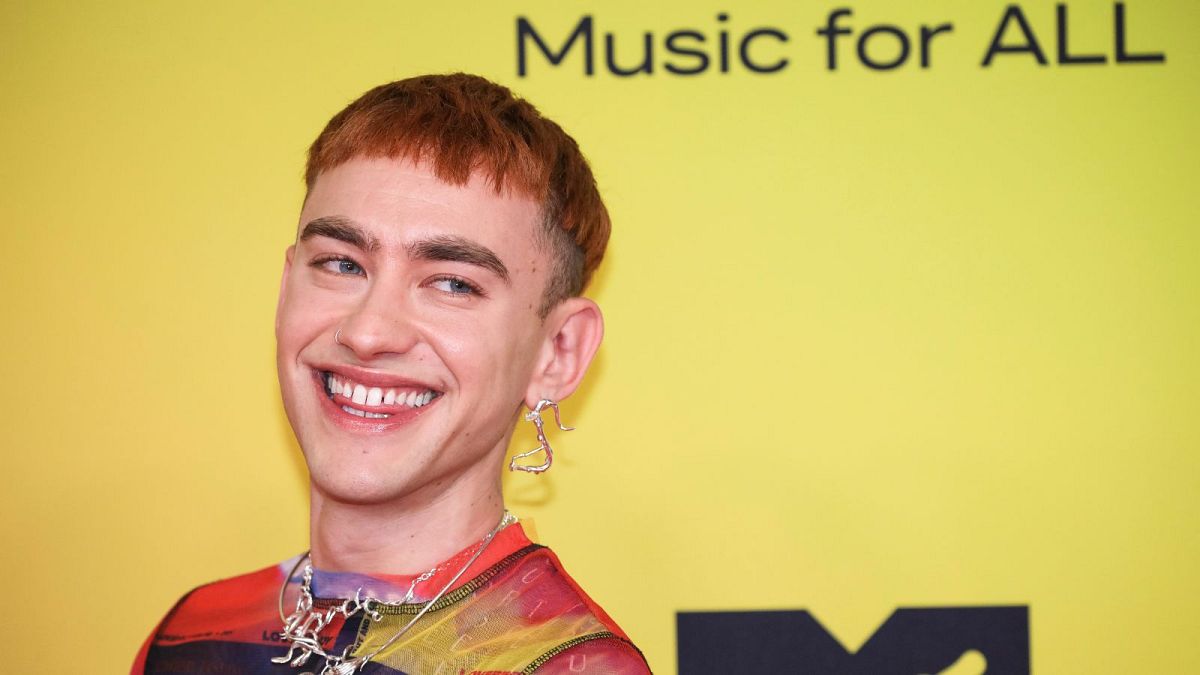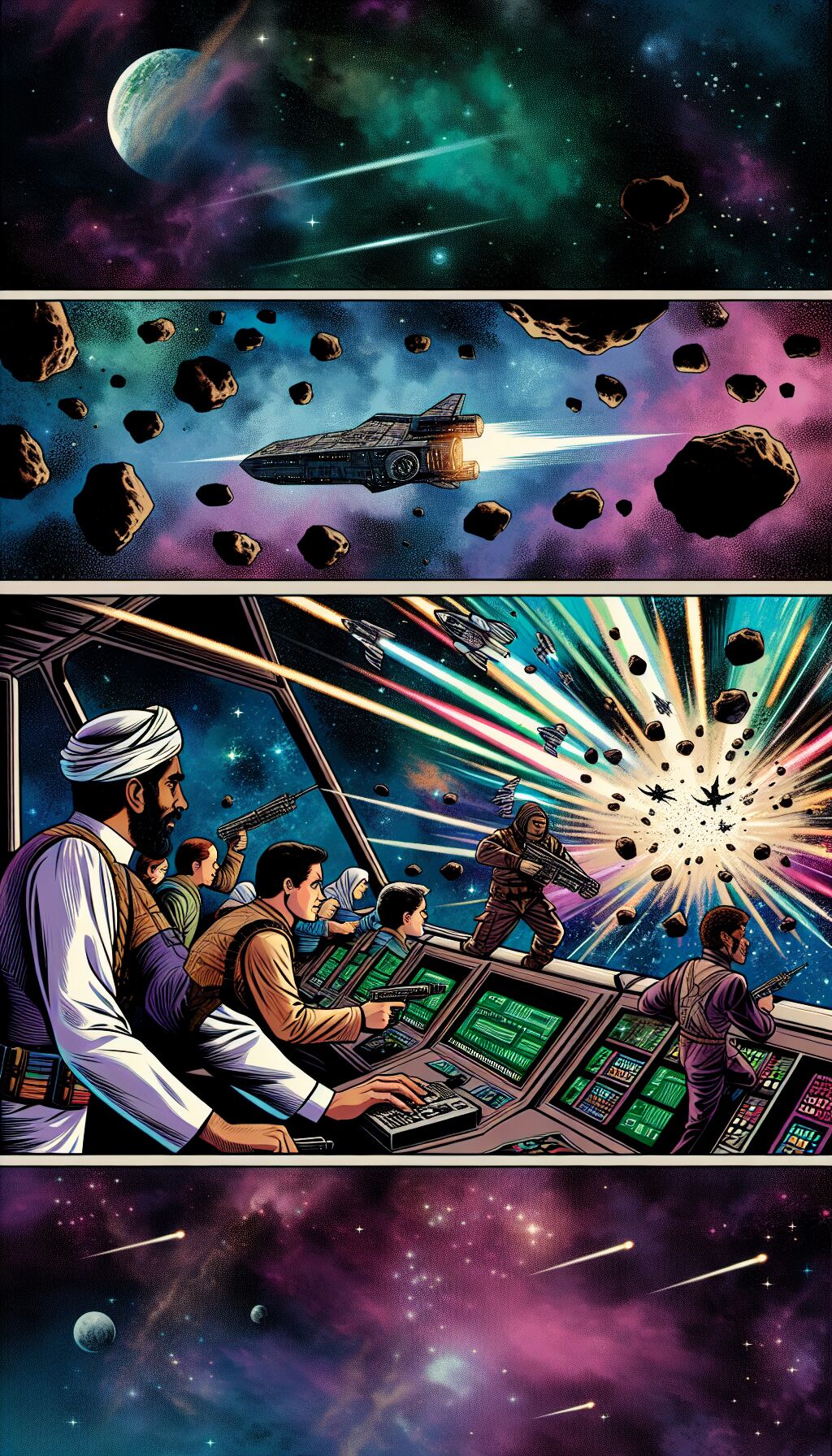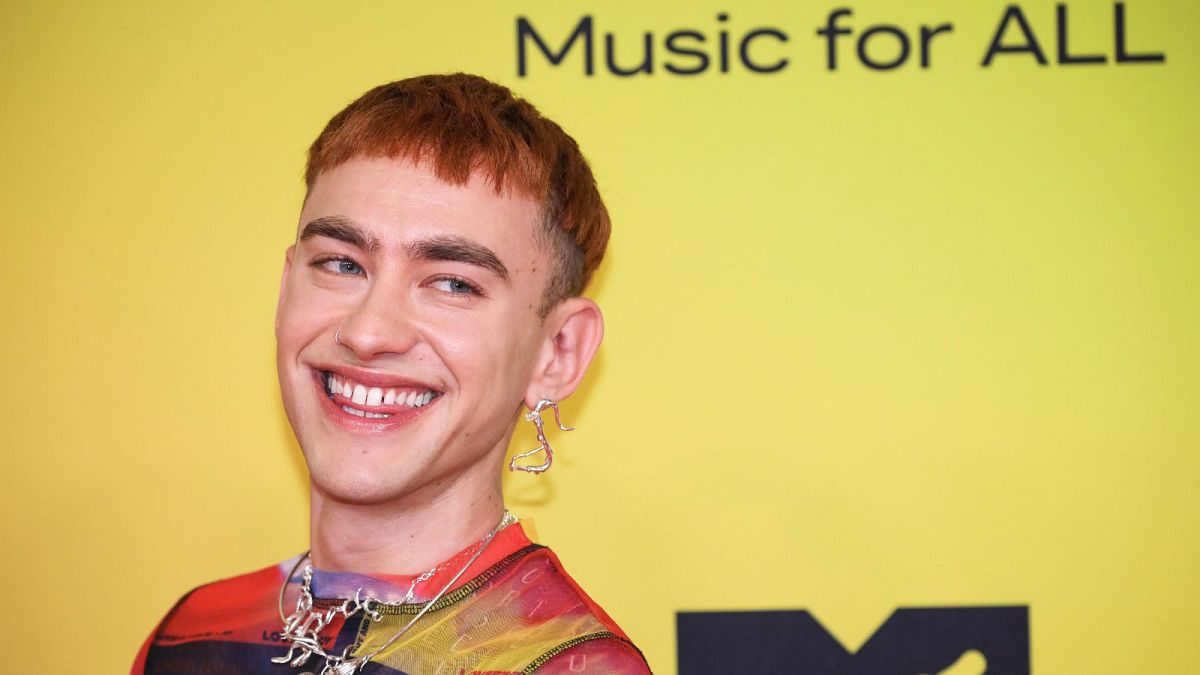
From Tragedy to Triumph: Yuval Raphael’s Journey of Healing Through Music
In the wake of one of the most harrowing attacks in recent history, a 24-year-old survivor is turning her trauma into a beacon of hope and resilience. Yuval Raphael, who survived the deadly Hamas assault during the Nova music festival on October 7, 2023, has embraced music as a journey of healing. Recently, she secured the honor of representing Israel at the Eurovision Song Contest, scheduled to take place in Basel, Switzerland.
Braving the Ordeal
Raphael’s harrowing experience began when she, alongside four friends, fled the festival grounds, seeking refuge in a roadside bomb shelter near Kibbutz Re’im. They joined approximately 40 others, sharing a small space under dire conditions as chaos erupted outside. For nearly eight hours, Raphael and the others huddled in fear, hiding under the bodies of those who had lost their lives in an attack that seemed unending. Hamas militants reportedly returned repeatedly to fire upon the shelter, even throwing grenades at the concrete structure.
This ordeal is a grim reality for many survivors of that fateful day; their traumatic experiences tied into the fabric of a conflict that continues to resonate throughout the region. Among them was Hersh Goldberg-Polin, an American-Israeli, who, like Raphael, faced the frightening barrage of violence that aimed to strip away their sense of safety and community.
The Power of Music as Therapy
“Music is one of the strongest ingredients in my healing process,” Raphael declared during her powerful performance on the Israeli competition show Rising Star. Despite her lack of formal training, she captivated the audience with renditions of Sam Smith’s “The Writing’s on the Wall” and ABBA’s beloved classic, “Dancing Queen,” the latter dedicated to “all the angels” lost in the tragic attack.
Raphael’s determination to use music as a healing outlet has not only played a critical role in her recovery but also positioned her as a significant voice for others who have suffered. Indeed, her journey has transcended her personal experience, enabling her to advocate for peace and understanding.
A Voice for the Voiceless
Prior to her musical success, Raphael had already garnered international attention—not for her singing, but for her compelling storytelling. She participated in a public forum addressing the United Nations Human Rights Council, sharing her harrowing experience in what she emphasized was a non-political context. Her goal was to illuminate the human suffering endured by innocent civilians during the October 7 events.
“I want to tell them the story of the country, of what I went through, of what others went through,” Raphael stated resolutely before the final round of the competition. “I want to tell the story, but not from a place of seeking pity. I want it to be from a place of standing strong in the face of this and in the face of the boos I’m 100% sure will come from the crowd.”
Politics in Art: Challenges Ahead
Raphael’s decision to participate in Eurovision comes at a time when Israel’s representation in international art and culture is complicated by political tensions. In the aftermath of the October 7 attack and subsequent Israeli Defense Forces (IDF) operations in Gaza, there have been calls for Israel’s ban from the Eurovision Song Contest. However, the European Broadcasting Union has defended the event as a non-political platform, emphasizing the spirit of the contest as one that unites diverse artists and nations.
Nevertheless, challenges persist. The 2024 Eurovision season previously saw artist Eden Golan facing protests and receiving a Shin Bet security detail due to the volatility surrounding Israel’s participation in international competitions. Her song, initially titled “October Rain,” was changed to “Hurricane” to avoid accusations of politicization, highlighting the charged atmosphere that celebrities and artists face in a world where art and politics often intersect.
Raphael: A Symbol of Resilience
In the face of adversity, Yuval Raphael emerges as a powerful symbol of resilience and strength. She is leveraging her platform not just to share her story but to honour those who lost their lives during the tragic events of October 7. Her journey from tragedy to triumph resonates deeply, underscoring the potent role music can play in healing and inspiration, even amidst unimaginable hardship.
As she prepares to represent Israel in one of the most prestigious music competitions in the world, Raphael’s story is a testament to the enduring human spirit. She stands as a reminder that even in the darkest of times, creativity and compassion can shine through, offering a path to recovery, understanding, and hope for a brighter future.
Conclusion
Yuval Raphael’s journey is more than just a personal healing narrative; it encapsulates the broader struggle of many who have faced trauma and loss. Through her music, she seeks not only to reclaim her narrative but also to foster connection among listeners, transcending borders and political divides. Her advocacy aims to foster understanding and empathy, inviting the world to listen to the stories that demand to be told, even amidst a backdrop of conflict.


















